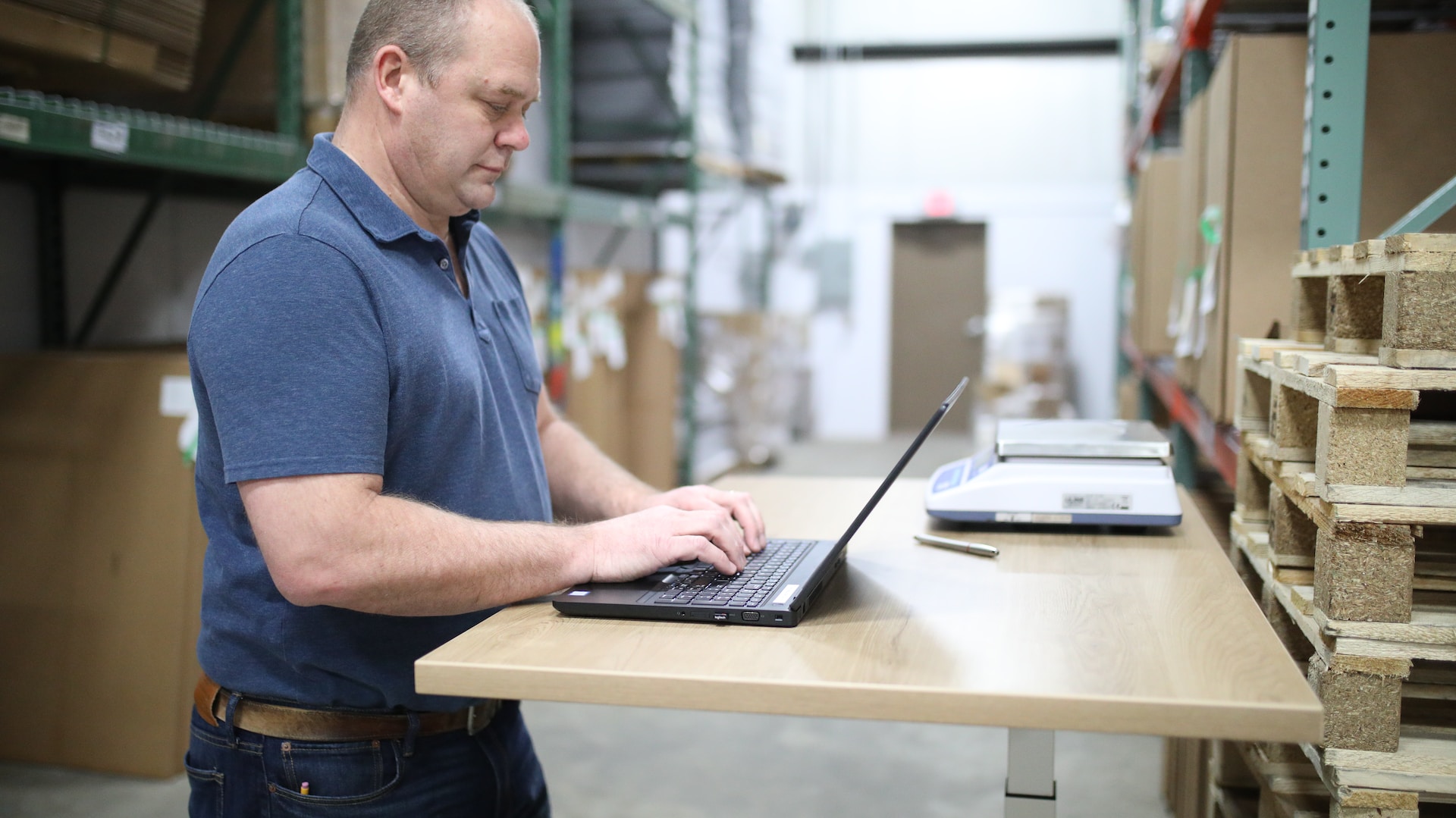Introduction
Stamina, organization, and the ability to operate heavy gear are some of the kinds of qualities that are typically required to be a successful warehouse operative. You may have gained and honed these skills through previous positions in a warehouse or through other types of work experience. You can improve your chances of finding a job by developing the kinds of professional competencies that employers seek, or you can decide whether or not working in a warehouse is the kind of job that interests you enough to pursue.
What Types of Warehouse Jobs Are There?
When it comes to finding work in a warehouse, you will not have any trouble finding a position. Education and experience requirements vary greatly depending on the specific position, which might range anywhere from operating and managing forklifts to analyzing computer systems and managing data.
To be eligible for a position as a forklift operator, which entails transporting products from one location to another using a powered industrial vehicle, you will need to finish a safety course and receive a forklift license. This will allow you to move materials from one place to another.
On the other hand, to work as a computer system analyst or data manager, you need to have a high school graduation, familiarity with computer-related software, or at least two years of experience working in a warehouse.
What Do Operative Skills Working in a Warehouse Mean?
When working in a warehouse setting, it is important to have the talents and capabilities that will allow you to complete your work safely and efficiently. Warehouse operative skills are those talents and capabilities. Because warehouse jobs can be physically demanding, one of the most important technical skills is the ability to operate machinery securely.
Some of the skills that are necessary to be an effective warehouse operative are also transferable to other fields and jobs, such as communication and motivation. The vast majority of warehouse professionals obtain their level of expertise through on-the-job training and experience.
Although having previous work experience in a warehouse environment can be beneficial when looking for work, practical skills can come from a variety of different backgrounds as well. Some skills can be acquired through specialized training or schooling, particularly those skills needed for higher-level positions such as logistical engineering and supply chain management.
Here are Six Things to Keep in Mind When Working at a Warehouse
Organization
As a warehouse operative, you need to have excellent organizational skills and attention to detail. An organized warehouse can function more effectively because it is easier to maintain an accurate inventory, manage a risk-free operation, and foster a healthy working atmosphere. During your shift, you can work to keep your area clean and organized, and you can also assist your coworkers in doing the same thing, which will help you maintain your professional attitude and organizational skills.
Be Educated
Literacy and numeracy might be extremely useful skills to have when working in a warehouse operative position. Your ability to read and comprehend information and numbers is extremely important since it will be required of you while reading packing slips, order quantities, and directions. If you ask your coworkers and leaders for assistance, you may frequently enhance your literacy skills in reading picking sheets and warehouse documentation. Additionally, you can get suggestions and ways to improve your performance through this process.
Computer Literacy
Although some warehouse operative positions do not require computer proficiency, having the ability to use a computer well can set you apart from other job candidates. If you have experience with computers, it will be easier for you to keep up with the latest developments in the day-to-day operations of a warehouse as more and more components of a warehouse integrate technology and implement automated procedures. Word processing, storing files, using email or instant messenger, and other fundamental computer abilities are typically included in the definition of computer competency.
Following Safety Protocols
Working at a warehouse can be hazardous at times. Always keep in mind that it is necessary to wear the appropriate protective gear, such as goggles, ear muffs, and clothing that covers your exposed skin. Before operating any piece of machinery, be sure you have read all of the relevant instruction manuals and are familiar with the purpose of each piece of apparatus.
Additionally, becoming certified in CPR and first aid will help you arm yourself with the knowledge and abilities required to help treat and save another person’s life in the event of an accident or medical emergency.
It is essential that you check the floor for any potential slips, trips, or falls that could occur. Any instance of subpar housekeeping needs to be brought to the attention of management so that it can be corrected right away.
Having Critical Thinking and Problem-solving Capabilities
When working in a warehouse, you run the risk of running into difficulties, such as a malfunctioning piece of conveyor machinery on the packaging line or an item that is temporarily out of stock. Because much of the work you do as a warehouse operative is done without supervision, being good at problem-solving can be helpful for your job.
For instance, knowing how to stop the conveyor belt or how to include an out-of-stock notification in the package together with the remainder of the order can be helpful skills to have. Your value as an employee can also be increased if you can manage technical challenges, which is especially true if you are the only one in your organization who possesses these qualities.
Flexibility
In the fast-paced environment of a warehouse, being flexible and able to adjust to different situations might help you find emerging possibilities or assist others in completing duties that need to be done. If you have to call in sick unexpectedly, for instance, you can be reassigned to work with a different group or take on additional obligations that are not typically part of your job description. Taking on difficulties like these while maintaining a positive attitude will demonstrate to potential employers that you are a versatile, reliable, and adaptable employee.
Conclusion
Being employed in a warehouse might be demanding at times, but it also has the potential to be rewarding. Keep in mind that you should be thorough when you are preparing, that you should keep a full record of everything that enters and exits, that you should stick to the safety regulations, that you should provide inputs to relevant areas, and that you should be an excellent communicator.



